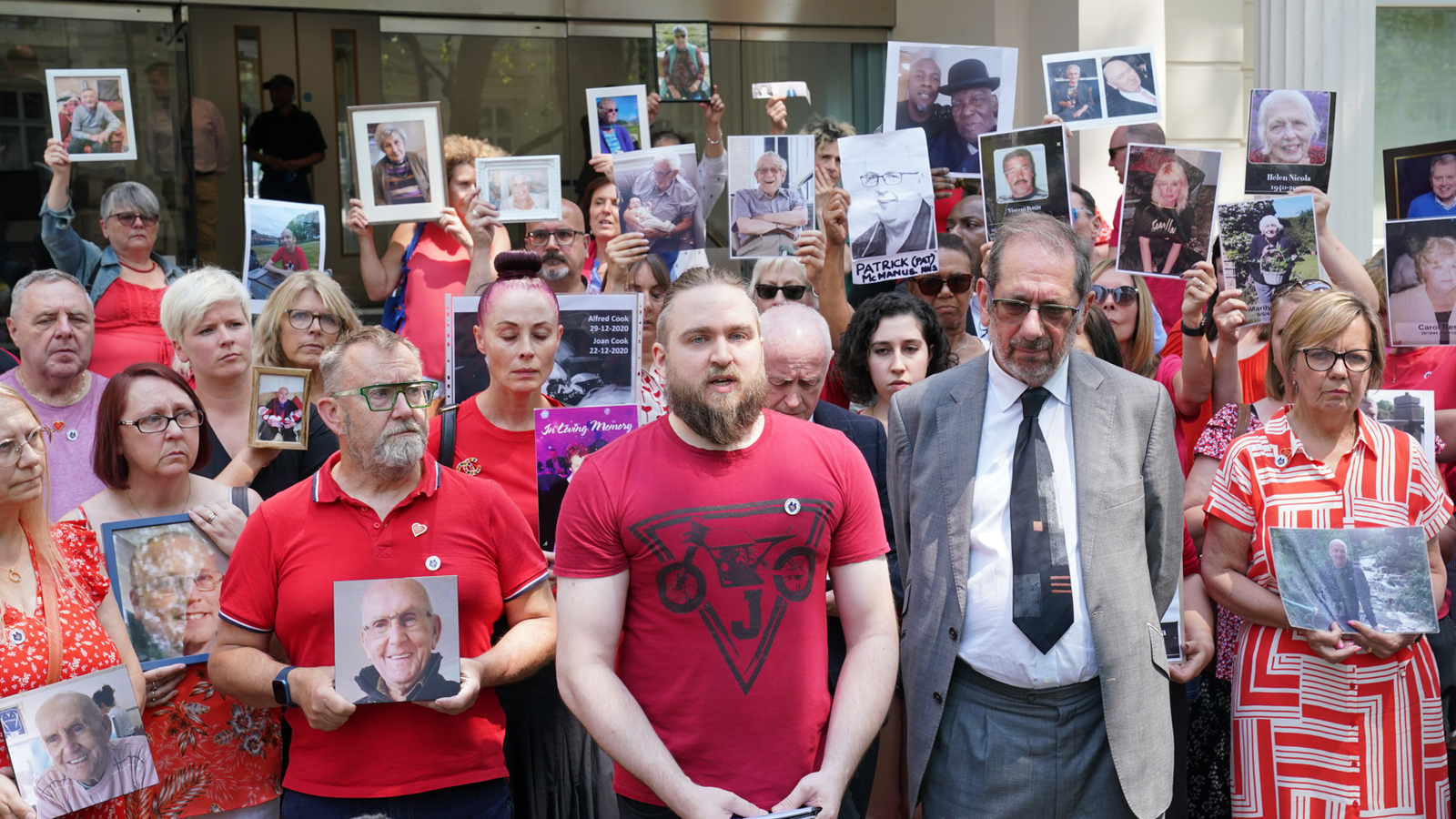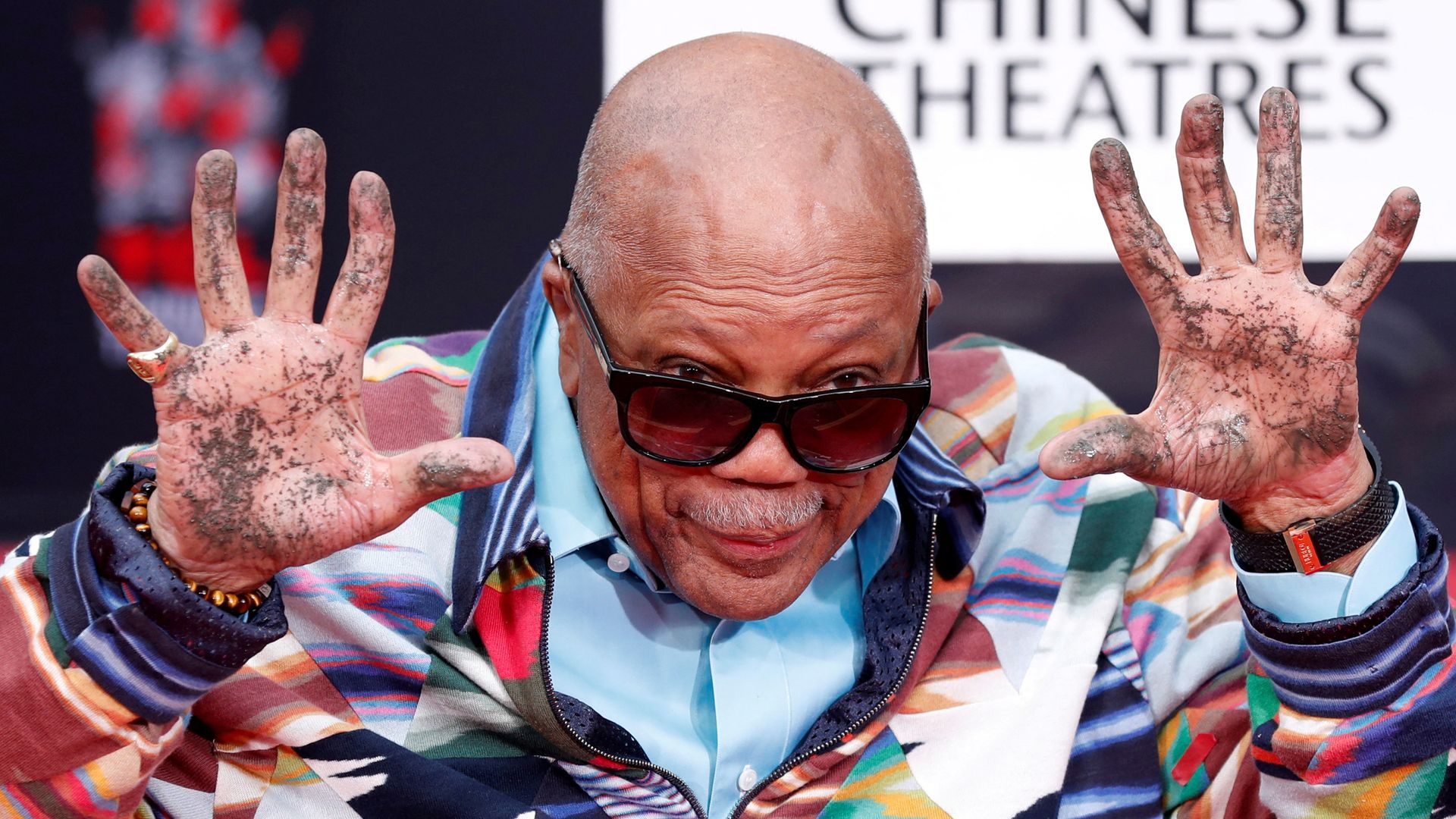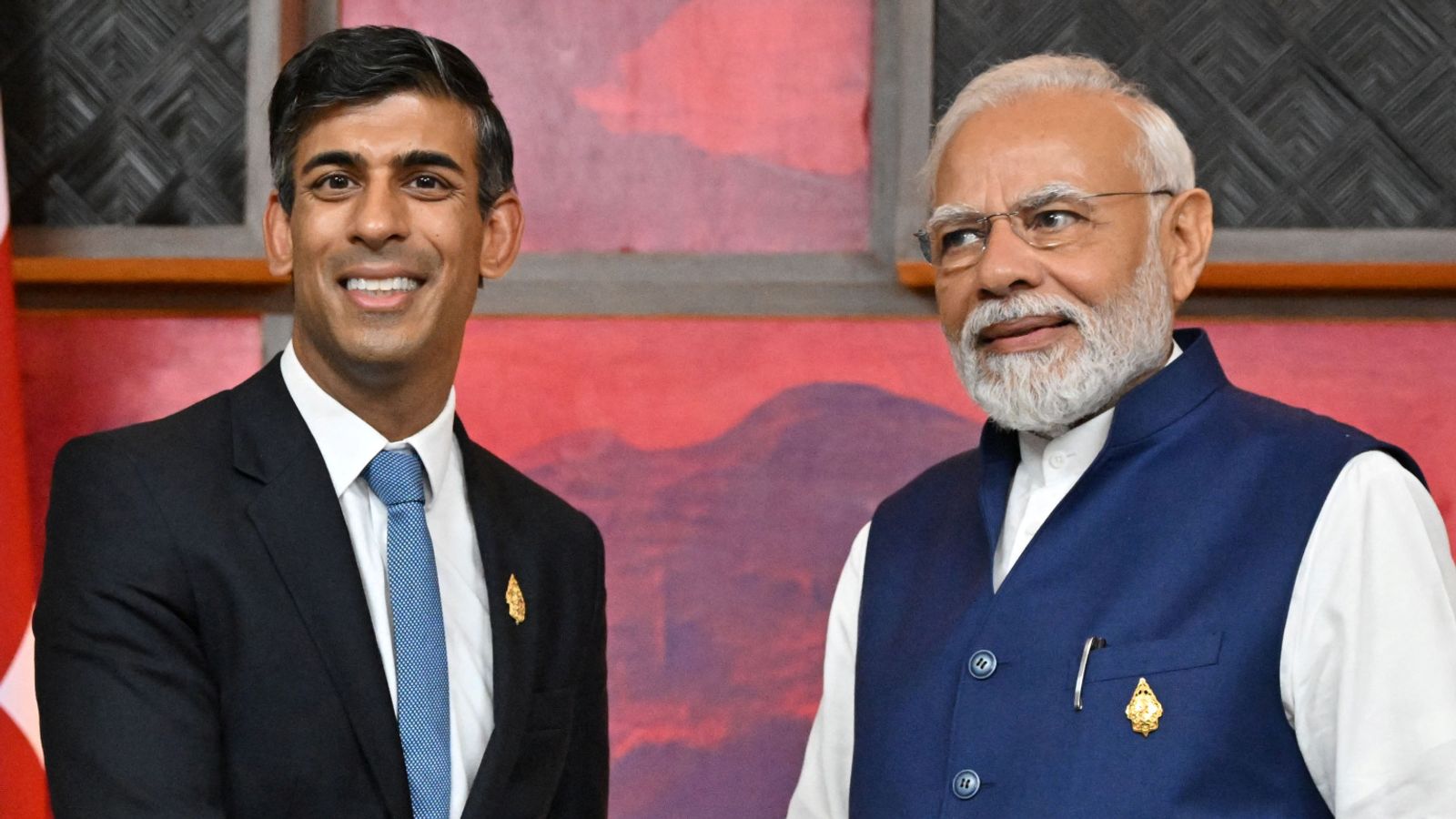We were not prepared; we are not prepared – that is what expert witnesses and core participants of the UK’s COVID-19 Inquiry have claimed in its first week.
As the hearings started, bereaved families of some of the 227,000 people who have died with COVID gathered outside the same Victorian-era Dorland House building in north London that heard from the families of Grenfell fire victims, grieving families once again calling for answers and accountability.
They came from across the UK, dressed in red and holding photos of their loved ones, united in their grief but each with their own heartbreaking story of loss.
Together, they reflected an unequal and at times unorganised response to an unprecedented threat.
Inside the cramped and crowded hearing room, inquiry chair Baroness Hallett paid tribute to the dignified vigil, and said she will answer three key questions: “Was the UK properly prepared? Was the response appropriate? Can we learn lessons for the future?”
The inquiry’s lead counsel gave his own answer to the first of those.
Referring to the government’s COVID-19 action plan published on 3 March 2020, which claimed the UK was “well prepared” in a way that “would offer substantial protection to the public”, Hugo Keith KC said: “Even at this stage, before hearing the evidence, it is apparent that we might not have been very well prepared at all.”
UK ‘prepared for the wrong pandemic’, COVID inquiry told as it opened for first time
COVID-19 Inquiry: Public hearings begin into UK’s response to pandemic
COVID inquiry to begin with ‘difficult to watch’ film of family testimonies
Please use Chrome browser for a more accessible video player
Mr Keith produced the government’s workflow for pandemic preparedness and response – a muddled tangle of lines, arrows and instructions described by Sam Jacobs, representing the Trade Union Congress, as: “A visual and striking representation of a fragmented system which looks much more like a bowl of spaghetti than a clear and coordinated framework for a cogent national response.”
In practice, regional health officials say that plan meant a top-down approach that left them in the dark, learning about new policies and guidance at the same time as members of the public, at the daily 5pm broadcasts.
The Association for Public Health Directors said: “It is widely felt that the local voice was not wanted or heard.”
The Department for Health said that it would not say it did everything right or that it would make the same decisions again with the benefit of hindsight.
However, their legal representatives urged Baroness Hallett not to impose “retroscope” decision-making.
Click to subscribe to the Sky News Daily wherever you get your podcasts
Ministers said repeatedly during the pandemic that the government was “following the science”, but the Government Office for Science said Sir Patrick Vallance’s insistence that minutes and papers from SAGE (Scientific Advisory Group for Emergencies) were published meant: “SAGE was given particular prominence in the minds of the media and the public in relation to policy…This meant that other areas of advice not made public were not subjected to the same level of debate and scrutiny.”
According to early expert witnesses, while the UK was once considered a world leader in planning for a potential influenza pandemic, it hadn’t adapted to the increasing threat of emerging infectious and zoonotic diseases.
A situation detailed in UK Health Security Agency chief executive Professor Jenny Harries’ written statement to the inquiry: “In 2018 on a UK national level, Public Health England identified there had been a gap in national strategy across governments focusing on infectious diseases…The gap had been apparent since 2002.
“Having recognised this gap, work was then started in 2018 to address that issue of a strategy for infectious diseases.”
That report was published in the autumn of 2019 just months before the start of the pandemic.
Katherine Hammond, the former director of the Civil Contingencies Secretariat, was asked whether she agreed that we were blindsided by the appearance of coronavirus, she replied: “I don’t think blindsided is the word that I would use, it certainly… the pandemic that happened in 2020 was different from the reasonable worst-case scenario produced by experts which focused on a flu pandemic.”
As COVID-19 reached our shores, the UK was left with an outdated plan for the wrong virus.
Cambridge University epidemiologist Dr Charlotte Hammer said: “Any plan for a respiratory outbreak will be better than none, a dedicated plan is better than one for something else, but I think… there were certain difficulties with this.”
Please use Chrome browser for a more accessible video player
Professor Jimmy Whitworth who appeared alongside Dr Hammer at the inquiry agreed: “By the middle of January 2020 people in the international public health community were aware that this was out of the ordinary.
“This outbreak wasn’t just a small cluster that was going to die away…The UK was very strong in influenza, because that was on the top of the risk register in the UK.”
One of the impacts of this policy, when combined with increasing health inequalities and decreasing health standards in the UK before the pandemic, was that attempts to mitigate the most vulnerable parts of the population suffering disproportionately weren’t successful.
Please use Chrome browser for a more accessible video player
A joint report by Professor Clare Bambra and Professor Sir Michael Marmot found that people from lower socio-economic backgrounds, higher rates of deprivation, and people from ethnic minorities were more likely to be severely impacted by a respiratory pandemic.
Those declining health standards had been kick-started by a decade of austerity measures and increased demand on the NHS, which has nearly doubled between 2009 and the pandemic.
Preparations for a no-deal Brexit, Operation Yellowhammer, also side-tracked Cabinet Office resources which would have been looking at pandemic preparedness and resilience.
Read more:
UK ‘prepared for the wrong pandemic’, COVID inquiry told
COVID inquiry: Everything you need to know
Baroness Hallett: Who is the chair of the inquiry?
Bereaved families call for greater transparency
Other expert witnesses have been more blunt.
Professor David Alexander who specialises in risk and disaster reduction said current civil contingencies and emergency planning structures do not keep the population safe: “I think the bottom line of all of this is do you think that the British government, within the limits of his competency, keeps the public safe? I fear my answer to that is no, or not sufficiently.”
With regards to the government’s “Resilience Framework” published in December 2022, he said: “There is no mention of gender… disabilities… elderly… or ethnic and cultural minorities, and yet all of these are essential issues that need to be dealt with.”
Please use Chrome browser for a more accessible video player
Be the first to get Breaking News
Install the Sky News app for free
A criticism supported by those who have helped shape government preparations. Bruce Mann who led on Civil Contingencies in the Cabinet Office until 2009 was asked if radical innovation and change is required: “Yes in structures, and yes in the detail in which plans, procedures…especially from central government are followed through in detail to make sure that they will work.”
There will be bigger headlines and more attention on the inquiry next week when key names like former prime minister David Cameron, Chancellor Jeremy Hunt MP, and Chief Medical Officer Sir Chris Whitty appear before the inquiry.
However, a senior lawyer at the inquiry told Sky News he believed these first four days have been the most important for highlighting failures in pandemic preparedness, resilience, and forward planning – the key focus of this first module, ahead of what they described as the “inevitable political mudslinging”.








